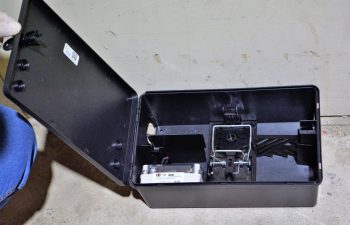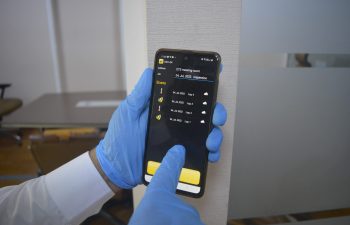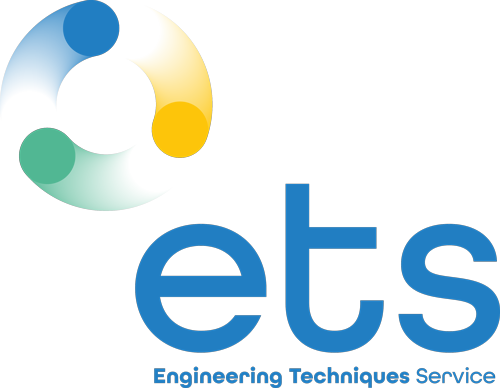Concepts

Training Management at ETS
ETS is Serviced by Dedicated Ongoing Training for All our Employees
ETS has developed a clear strategy for managing employee training. The introduction of the training programs is targeted at all levels of management and staff. In addition, experienced management personnel to be employed are those who have practical, hands-on experience working with pesticides.
The objective of the training programs is to effectively provide each ETS employee with the skills and knowledge required to complete the tasks in the field. Our investment in the training of new personnel and ongoing training of existing personnel is part of the reason we can keep at the forefront of the industry.
Training modules are assembled according to each individual need or group on a “need-to-know” basis. Typical contents of a full program should include but are not limited to:
- Biology and behavior of public health pests.
- Proper control methods for each pest.
- Components of integrated pest management program.
- Safety aspects of handling and storing of chemicals.
- Assessment of methods used for pest control.
- Maintenance of safe and quality work practices or methods, procedures for safe use and application of equipment, tools personal protection, and preserving environmental conditions.
- Proper use of contingency procedures and regulated plans in the event of any emergencies or hazards.
- Establishment of regular preventative maintenance procedures or measures.
- Ensuring the protection of the environment at all times.
- Awareness of local pesticide regulations.
- Safety of animals during impounding.
In order to achieve the above-mentioned training contents, we identify the required courses for the initial training and use our “Pest Control Training Manuals”. Different customized manuals (general pest control, rodent control termite control, stored product pest control, fumigations, IPM policy and strategy, and safe and effective use of pesticides) are being prepared to provide the information, guidelines, and techniques for training and developing our employees. With a successful training outcome, our employees will achieve high productivity in the workplace.
Evaluation of our training is so important. Our evaluations are based on the clarity and validity of tests given to the trainees, lectures, discussions of case studies and/or problems in the workplace, activities, and exercises. With these evaluations, we can eliminate weaknesses and improve strengths so that our technicians can gain the knowledge and skills necessary to perform their jobs. Further refreshing training courses for the same individual or group can be conducted to reinforce initial training and to build on new experiences.
Other Concepts

Urban Integrated Pest Management (IPM)
IPM, is an ecological approach to pest management that combines a variety of chemical & non-chemical control strategies.
Click above to read more

Digital Pest Management
24/7 monitoring through a wireless network, real-time capture alerts, and up-to-date minute rodent and insect action verification.
Click above to read more

Green Pest Management
Green IPM focuses first on the non-chemical methods in managing various pests, and if needed, limits the use of chemicals.
Click above to read more
